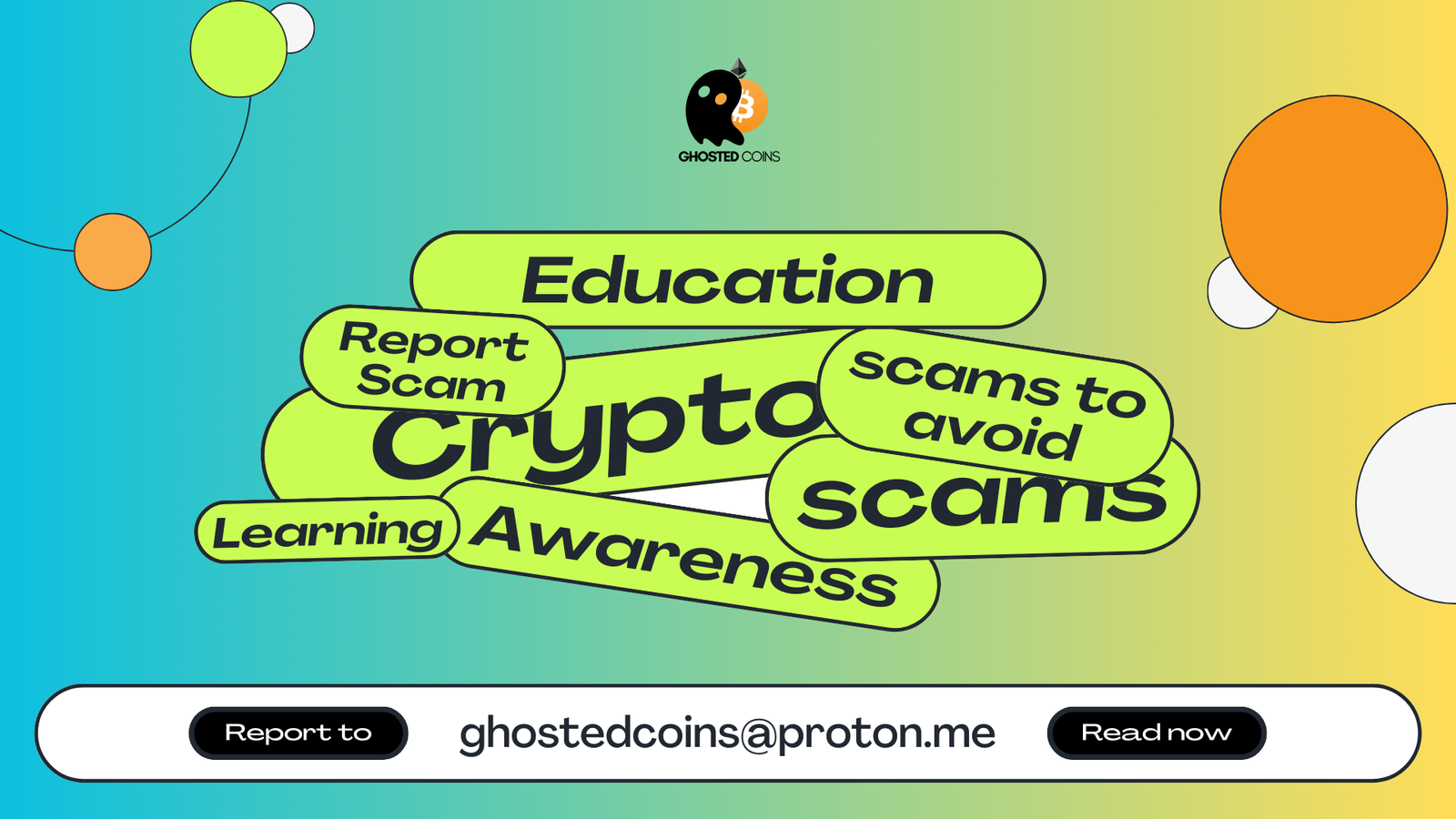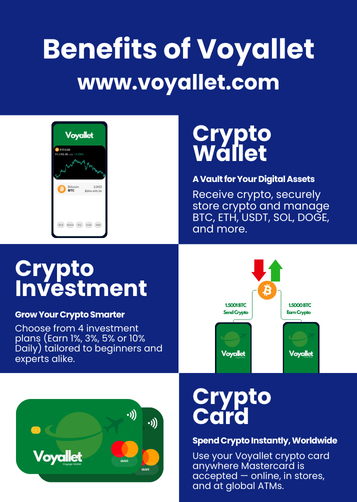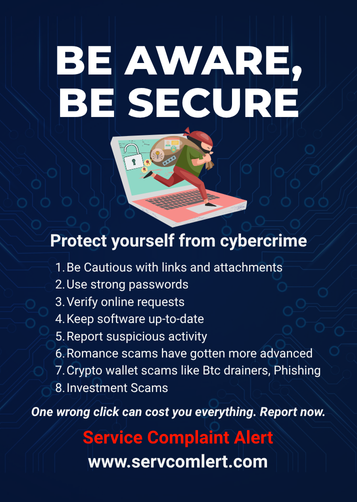The hardest part about leaving abuse isn’t always walking away — it’s figuring out how to stand again on your own two feet. Emotional and economic abuse often leave survivors not only shaken in spirit but also destabilized in practical, everyday life. Bank accounts may have been drained, debts taken out in your name, or your ability to earn a living deliberately sabotaged. The impact lingers long after the relationship ends, making financial recovery feel like an uphill battle you never signed up for. But it is possible to rebuild, and with the right steps, you can reclaim both your money and your confidence.
Understanding the Invisible Chains of Economic Abuse
Economic abuse doesn’t always begin with obvious theft. In many cases, it starts subtly — a partner insisting on “managing the money” for convenience, discouraging you from working, or making you feel guilty for spending on personal needs. Over time, these patterns escalate into tighter restrictions, hidden debts, and complete dependency.
Research from the Center for Financial Security shows that nearly 99% of domestic abuse cases involve some form of financial control. Survivors often describe feeling trapped because leaving meant facing immediate poverty or homelessness. This is why recovering financially isn’t just about numbers on a bank statement — it’s about breaking free from a system that was designed to keep you powerless.
Step One: Secure Your Immediate Financial Safety
Your first priority is ensuring your basic financial safety. This means separating your resources from the abuser’s control as quickly as possible:
- Open a new bank account in your name alone, ideally at a different bank from where your joint accounts were held.
- Change online banking passwords, security questions, and PINs.
- If you suspect your credit card details were compromised, request replacements and monitor transactions daily.
- Consider placing a fraud alert or credit freeze to prevent unauthorized new accounts in your name.
In situations involving crypto assets, immediate security is even more urgent. Moving funds into a trusted, non-custodial wallet such as Voyallet can give you control over your digital holdings without relying on intermediaries.
Step Two: Assess the Damage with Clear Eyes
Once you’ve secured your access, it’s time to understand where you stand financially. This part can be emotionally difficult — you may uncover debts you didn’t consent to, savings that have been depleted, or investments sold without your knowledge.
Create a full inventory:
- Bank balances
- Credit card statements
- Loan accounts (including payday loans or personal loans in your name)
- Investment and crypto holdings
- Any recurring payments or subscriptions
You may need to request your full credit report to spot unauthorized activity. In many regions, you’re entitled to one free report annually from each credit bureau. This snapshot will be essential in planning your recovery strategy.
Step Three: Address Legal and Credit Repair Options
If fraudulent accounts or debts exist in your name, consult with a financial counsellor or legal aid service familiar with domestic abuse cases. Many jurisdictions have protections that allow survivors to dispute debts incurred through coercion or fraud.
Credit repair after economic abuse can take time, but it’s possible:
- Dispute inaccurate items on your credit report in writing.
- Ask creditors to flag your account as related to abuse circumstances.
- Explore hardship programs that reduce payments temporarily while you stabilize.
When crypto theft or unauthorized transfers are involved, you may also be able to trace transactions through blockchain explorers and file reports with cybercrime units.
Step Four: Rebuild an Independent Income
Economic abuse often involves blocking your ability to work or sabotaging your professional growth. Restoring income is both a financial and emotional milestone.
- Update your CV or LinkedIn profile to reflect all past skills, even volunteer work.
- Explore remote or freelance opportunities if you need flexible hours during recovery.
- Consider upskilling through free or low-cost online courses in areas with strong job demand.
- Look into survivor-focused programs that provide career coaching and financial grants.
For those holding crypto or other investments, consider strategies that allow slow, steady growth without high risk. Building a sustainable income base will help ensure that no one can weaponize financial dependency against you again.
Step Five: Set Boundaries and Safeguards for the Future
The most effective protection against future financial control is proactive boundary-setting.
- Keep all accounts, passwords, and financial tools under your sole control.
- Separate personal and shared expenses early in any relationship.
- Use two-factor authentication for banking and crypto platforms.
- Maintain an emergency savings fund in an account unknown to others.
If you’ve been targeted once, it’s worth assuming you could be targeted again — by the same individual or by opportunistic scammers. Financial safety is an ongoing practice, not a one-time fix.
The Human Side of Financial Recovery
Beyond the spreadsheets and account statements, recovery means learning to trust yourself again. Survivors often describe a deep sense of shame or self-blame for “letting” the abuse happen, even though financial control is a deliberate and manipulative act.
One woman I spoke to, Elena, shared how her ex-partner refused to let her access their joint bank account for “budgeting purposes.” She only realized the extent of the debt after the divorce, when she found herself paying for loans she didn’t know existed. Her first victory wasn’t paying off the debt — it was opening her own account, getting her first paycheck, and knowing that every cent was hers to decide on.
Actionable Steps You Can Take Today
- Open a new, private bank or crypto account.
- Pull your credit report and identify suspicious entries.
- Secure legal or financial counselling for debt disputes.
- Begin an income stream, even if part-time or freelance.
- Set up long-term safeguards and keep them updated.
Moving Forward with Strength
Reclaiming financial control after emotional or economic abuse is not just about money — it’s about freedom, dignity, and the quiet power of knowing no one else holds the keys to your future. Every account opened, every debt challenged, every paycheck earned is a step away from dependency and toward independence. You may not rebuild everything overnight, but with each decision you make for yourself, you are taking back your life — and that is worth more than any balance sheet.


















